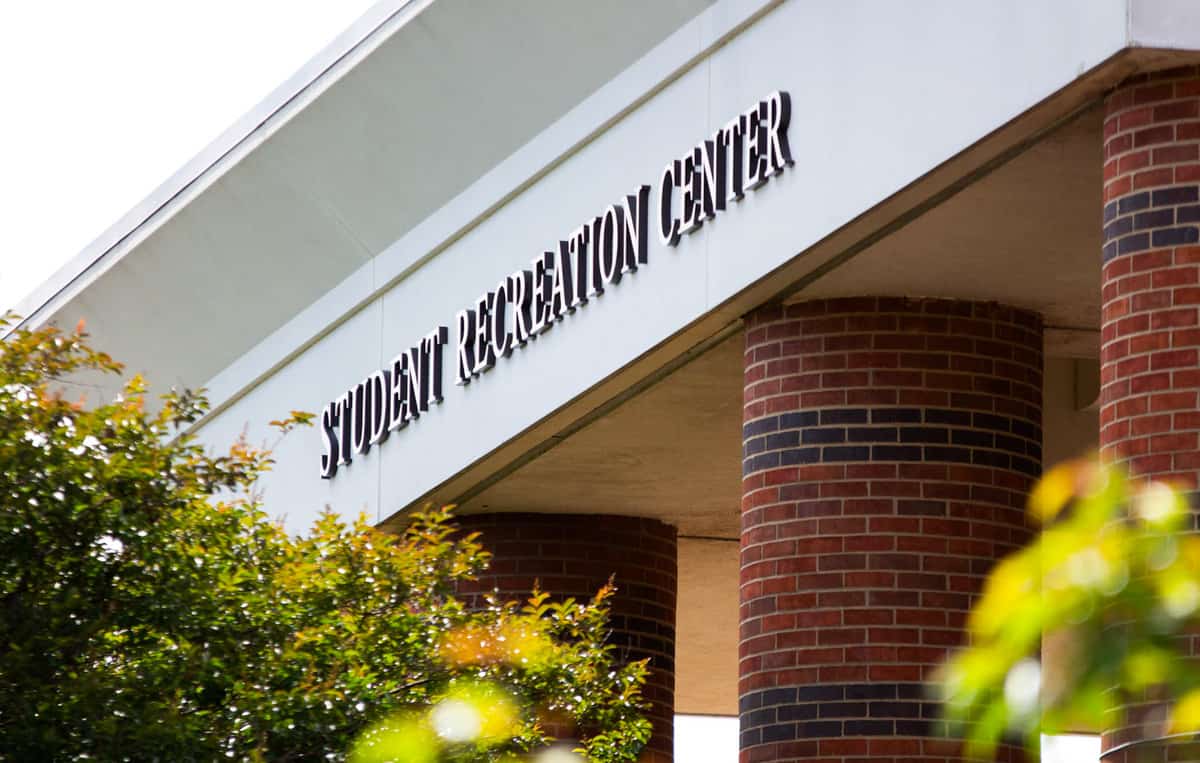For incoming freshmen, college life is going to be a culture shock like no other and there’s no getting around it. It isn’t simply doing homework and studying for tests. It’s managing time, maintaining optimal mental and physical health, engaging in new relationships, and discovering one’s identity.
New students will be entering into this new chapter of life at The University of Alabama, a campus equal parts beautiful, vast and bewildering. Freshmen will have to navigate the University’s unique culture while performing the delicate balancing act of being a college student.
There’s an infinite amount of advice to be found, whether from family, friends or even the internet, and it can be disorienting. Fortunately, students and professors with experience at Alabama have chimed in with what they view as the most useful tips. Here they have been compiled into a list of the top keys to adjusting to college life.
Get involved and leave your comfort zone
At its simplest, getting involved means finding an outlet to connect with other students and form new relationships. It doesn’t matter what this outlet is, but searching within areas of interest is an easy way to start.
Examples of this include joining or forming an intramural sports team, signing up for clubs in a specific major, or even becoming a part of an organization one finds interesting.
The best opportunity to do this is at Get on Board Day, where students can explore the University’s enormous selection of clubs and societies and sign up to become members. This fall, Get on Board Day will be held on Thursday, Aug. 31.
The benefits of joining a student organization can be both social and academic. Being a part of an intramural basketball team won’t boost one’s GPA, but it will allow for interpersonal bonding and make the experience of college more fun.
International studies major Ivan Pelly describes the intramural experience as an “enjoyable return to team sports” after high school and as “good relationship building through shared experience.”
Furthermore, if one is part of an organization tied to one’s major or planned career, such as Robotics Club or any major-specific honor society, it can produce connections that will be of significant help in the future.
Joining a club forces you to meet people and get out of your comfort zone. It can be frightening, but it’s a worthy endeavor.
Take advantage of opportunities
At a flagship school that is consistently growing, there are limitless opportunities between sports and academics. Do not miss out on golden chances for academic advancement and investment in future careers.
For freshmen, the key here is creating relationships with professors. They might seem intimidating, but they are here to help.
“Networking with professors is incredibly important and almost no one realizes it,” Aidan Meyers, a sophomore studying biology, said. “Doing so will give you a surplus of invaluable experiences, which almost no one else knows to take advantage of.”
Adjunct history instructor Glenn Brasher reiterated the importance of networking with professors.
“Even if they [students] are not struggling in class, they should still go to office hours to ask questions and get to know their professors,” Brasher said. “Besides good conversation, sometimes they’ll get great life and educational advice that they were not even expecting, and the connection they make will most definitely help when they start asking for recommendation letters for jobs or graduate school.”
If ever the chance arises to attend a professor’s office hours, pounce on it. The results might not be apparent immediately, but they will be months and years down the line.
Another resource at students’ disposal is tutoring. The University offers extensive help in a wide range of academic arenas, including online tutoring and course-specific skills sessions. When homework or course content inevitably becomes overwhelming or difficult to understand, students should never hesitate to seek assistance.
Remain organized
All have likely heard or seen the horror stories of pigsty dorm rooms and sloppy living environments. But organization extends much further.
First, it involves time management. New students are losing the strict structure of high school, and as such it is their duty to hold themselves accountable. Students and professors attested to the importance of this, some recommending spreadsheets for test and exam schedules and others suggesting lists of nonnegotiable parts of life like reading or extracurriculars.
However, the method isn’t as important as the fact that it exists. The best practice is to find what works and stick to it.
Second, but equally crucial, is studying. In high school, some students might have cruised along without putting any sort of intensity into their studying. However, this strategy is not tenable in college.
Due to both higher volume and deeper complexity of content, studying should not be a night-before cram session. According to Brasher, it should be ritual and consistent: “Budget your time so that you are spending several hours per week studying and reading for each of your courses so that you do not have to ineffectually cram at the last minute.”
As with everything else on this list, trying to continue a high school habit in a higher academic setting will result in a jarring wakeup call.
There is an inestimable amount of advice to be found on adjusting to college life, and much of it exists outside the scope of a simple list. Nonetheless, sticking to these principles could provide students the chance to excel in spite of the difficulty of this transition.















